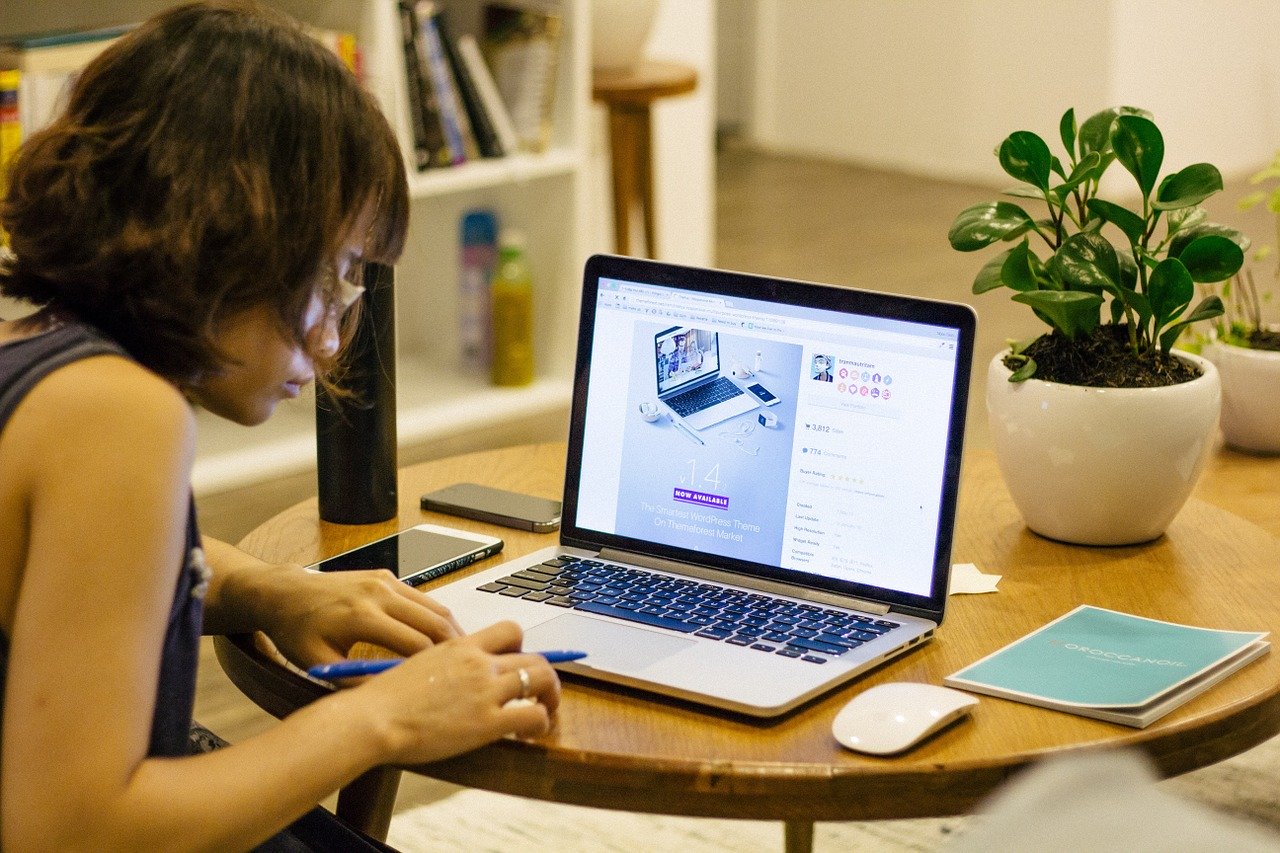Working from home is not always good for mental wellbeing. Kathryn Tombs, HR Director, Clearvision, shares her top tips to prevent isolation and keep yourself motivated
With the exception of a few industries, employers everywhere are asking staff to work from home in an effort to limit the spread of COVID-19. Here in the UK, we are now in our fourth week of home working, and we wanted to explore the cultural shift happening right now in the working world, with tips on how to maintain a healthy mind as social distancing continues to be encouraged on a global scale.
Understanding the cultural shift
Working together in one office space was once the only option for businesses because the technology we take for granted today simply didn’t exist. As it became readily available, trivial factors such as employers fearing productivity losses emerged. This resulted in some organisations only allowing certain people to work from home once or twice a week, while others adopted a more flexible approach. In our modern digital era, it’s interesting to see such a mixture of attitudes concerning remote working. Businesses who once treated it as a taboo or only accepted it on a regular yet restricted basis, are now experiencing a major cultural shift as a result of the pandemic.
With everything happening so suddenly, newly dispersed teams are having to adapt fast and deal with challenges that affect team members working individually, like loneliness, which is often associated with long-term homeworking. New work practices have had to be set up and some employees are working from home for the very first time.
As a global organisation with offices around the world and a mix of remote and office workers we have long encouraged remote working and over the years what we have found has worked, we thought we would share with our readers. So here are some tips on how to stay healthy and productive during this difficult time.
1. Get dressed
Being able to have a lie-in and get dressed a little later than usual may seem great at first, but it can soon get out of hand and actually put you in a depressive state, negatively impacting your motivation for the day.
Psychologically prepare yourself by getting washed and dressed and putting yourself in a work mindset.
2. Socialise from a distance
Being parted from the people you normally see on a daily basis can be difficult. After all, you spend most of your time with them, so it can feel like a real loss when they’re no longer sitting by your side. Having the right collaboration software in place, however, helps by allowing you to digitally communicate with your team.
For me, being able to hear and physically see my colleagues while working from home helps make the experience a little less lonely. Whilst I’m not usually a fan of video collaboration tools, I have found that I prefer talking to someone when I can see them. So gradually over the past four weeks I’ve started to turn my video on, on the premise that others might like to see me as well.
It is important to stay connected not just for working purposes but to socialise too. If you’re like me and you enjoy talking to people around the business, then you’ll appreciate applications like Slack and Confluence for the communication side of things, and Jira and Docs for the collaborative side where you can give and receive feedback and updates in real-time.
3. Set up a dedicated workspace
Whether you’re in a five-bedroom house or a one-bedroom flat, it’s important to dedicate an area for work. This can be at the dining table or, if you’ve got the space, another room separate to the one you’d normally relax in. I also found that it can be helpful to establish some mental distance between my home and my work routine. Don’t let the two blend into each other, even though I’m in the same building day and night – I make a definite distinction between these.
4. Stick to core hours
When you’re used to being in an office environment and leaving it to go home at the end of the day, it’s easier to disconnect yourself from work. If you’re not changing your environment, it’s just as easy to get sucked into working overtime. Establishing a routine can help.
When setting this up, make sure to include plenty of breaks, get up and move around like you would do in the office. Too much screen time is also not good for your eyes and can intensify feelings of fatigue.
5. Nature is the best medicine
Despite several countries going into lockdown, people are still being encouraged to run, cycle or walk outdoors for exercise. Just be sure to keep your distance from others who are out doing the same thing.
Being out in nature can boost your mood and improve your focus. Don’t be a prisoner in your own home, go outside for some fresh air (unless of course, you’re self-isolating).
But more importantly, don’t feel like you have to go it alone.
You can do most of the things outlined in this article by yourself, but we are here to help and can certainly improve how you stay connected with your colleagues. We can assist with your collaborative needs through our bespoke solutions which can be delivered on-site or remotely.
